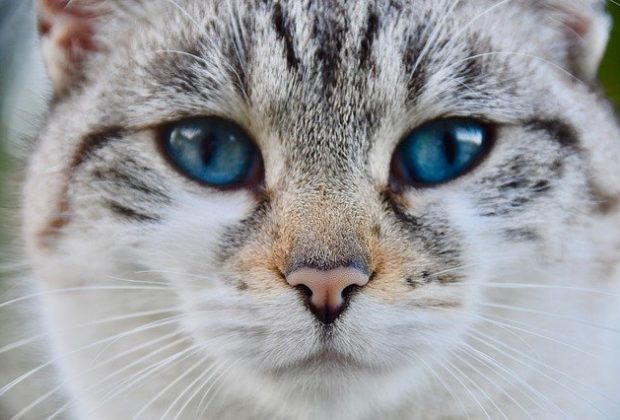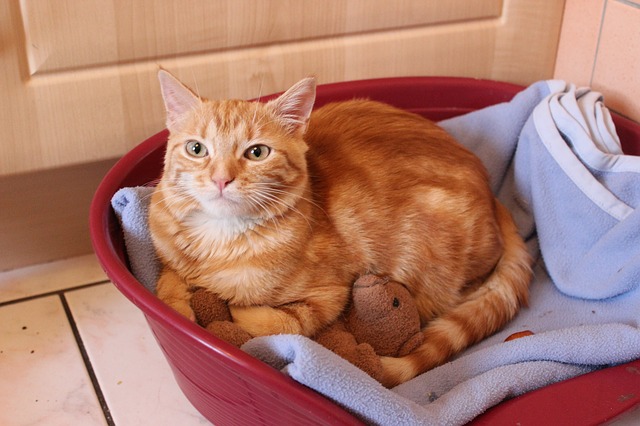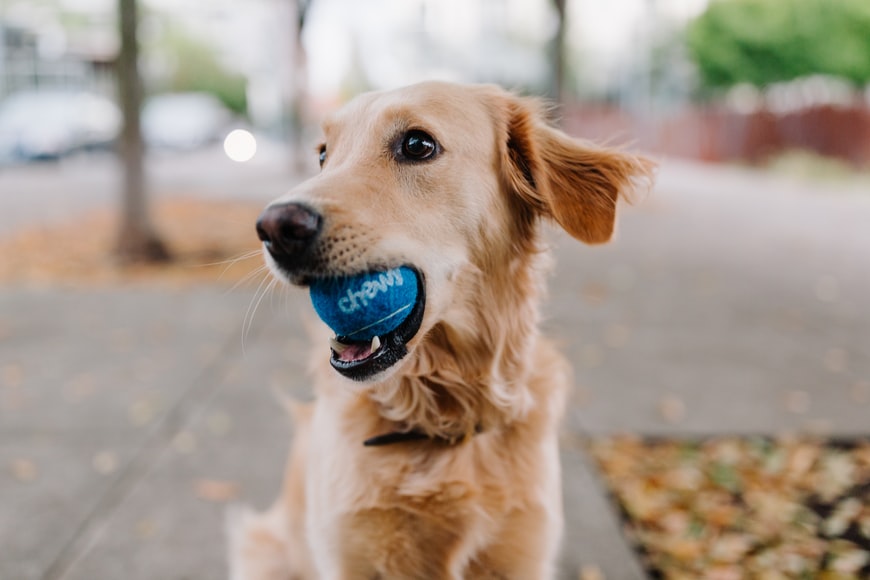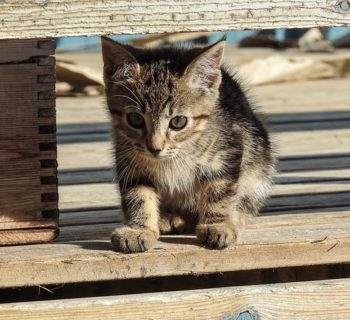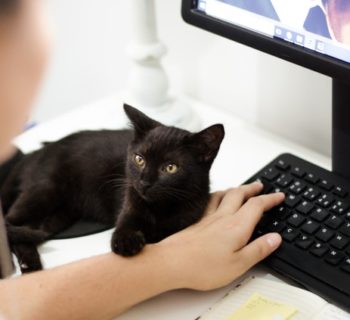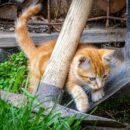With young felines, many pet owners want to be confident they are doing everything to ensure they grow healthy and strong. This can include making sure they are well-fed with the right type of foods, have clean drinking water, safe toys, and a pet-proofed environment at all times.
With feline feeding, it can be easy to go wrong even when pet owners have the best intentions but are bombarded with so many "expert" recommendations online. Pet food makers also push products they claim are suitable for all felines, adding to the confusion. If you own a young kitty, you may have wondered if it truly is ready to make the switch to any of the adult foods you have come across, and if so, how it should be fed.
Here, we will cover when kittens can eat adult food, and other details such as when and how to transition your feline into adult cat food, alongside other feline care tips.
Table of Contents
When Can My Kitten Eat Adult Cat Food?
While many cat foods are claimed to be suitable for kittens of all ages, many also are specifically intended for kittens. Foods formulated for all stages of life, though safe, may sometimes lack crucial nutrients required at certain life stages. Hence, many pet experts advise that kittens be fed only food specified for their age.
So, when can kittens eat adult cat food? When should you discontinue feeding kitten food to your feline? Many adult cat foods are in dry kibble form, and as kittens are usually fed wet food, you want first to moisten the kibble if opting for it or, even better, provide it wet food.
Transitioning Your Kitten Onto Adult Cat Food
From the sixth to eighth week, most kittens are already on a form of kitten food. By their 12th month, most healthy felines are ready to switch from kitten to adult food. Like with any transition, it has to be gradual. Feline experts recommend making the transition over a 7-day period. This ensures that digestive issues that may occur from a change in diet are prevented or minimal.
To do this, on the first day, pet owners are to replace a sixth of their kitten's current food with the new adult food. Then, gradually increase the portion within the next few days and closely observe your cat's reaction to it until the kitten food is completely replaced with the new adult food.
Why You Should Switch Your Kitten To Adult Food
Most good-quality kitten foods are formulated with beneficial ingredients and nutrients essential for their health and performance. However, like other young animals, kittens experience rapid growth and are usually boisterous and playful. Hence, they require foods packed with essential nutrients for optimum performance.
Felines at this stage will have to be fed foods rich in calories, proteins, and fats to support their growth and development needs. Also, most high-quality adult cat foods are formulated with DHA essential for good cognitive function, alongside vitamins and minerals known to improve immunity and overall health and performance.
Wet vs. Dry Food: Which Should I Pick?
As said earlier, wet cat foods are often recommended for kittens. This is mainly because wet foods generally contain just about a quarter of the calories of dry food and, as such, allow feline owners to feed their cats large meals while keeping the risk of overfeeding minimal. Wet foods may also help protect felines' urinary and digestive tracts due to their high moisture content.
Dry foods on their part are often nutrient-dense and may aid in the prevention and removal of dental plaque when the cat chews the kibbles. Finally, kibbles are known to keep for longer than wet cat food that may last only a while outside its can.
Should My Kitten Eat Human Foods?
What human foods are toxic to felines? While there are many safe human foods canines can consume, some can be toxic to cats. Yes, even when they are considered safe and beneficial for us, our cats can react badly to these foods and even die from them. The foods include:
- Chocolate
- Onions
- Garlic
- Grapes
- Caffeine
- Raisins
It would be best if you kept all of these products and foods containing them away from your feline. Also, seek vet care immediately if consumed.
When Can Kittens Eat Adult Food? Final Words
Young felines require certain food types and nutrients to grow strong and healthy. While many kitten foods are packed with quality ingredients for the young, growing cat, they will need additional nutrients and possibly an increase in portion sizes to fuel their growth and play.
And so here, we covered details such as when kittens can eat adult food and how to introduce the new adult food to your young cat, amongst other feeding tips for kitten owners.
We hope you found the article helpful. If you are a cat owner and have had some experience transitioning kittens to adult cat food and would like to share with other readers, please do so in the comment section below. Also, share the article with cat owners who may find it as helpful as you did.
About the Author
Kirsten Heggarty
Kirsten created The Pet Handbook with the aim of sharing her knowledge about pets, pet food, healthy habits, and more. All of her advice is based on years of her own experience with her pets, and feedback that she has received from grateful readers about her tips. If you want to know more please read the About Me page.

